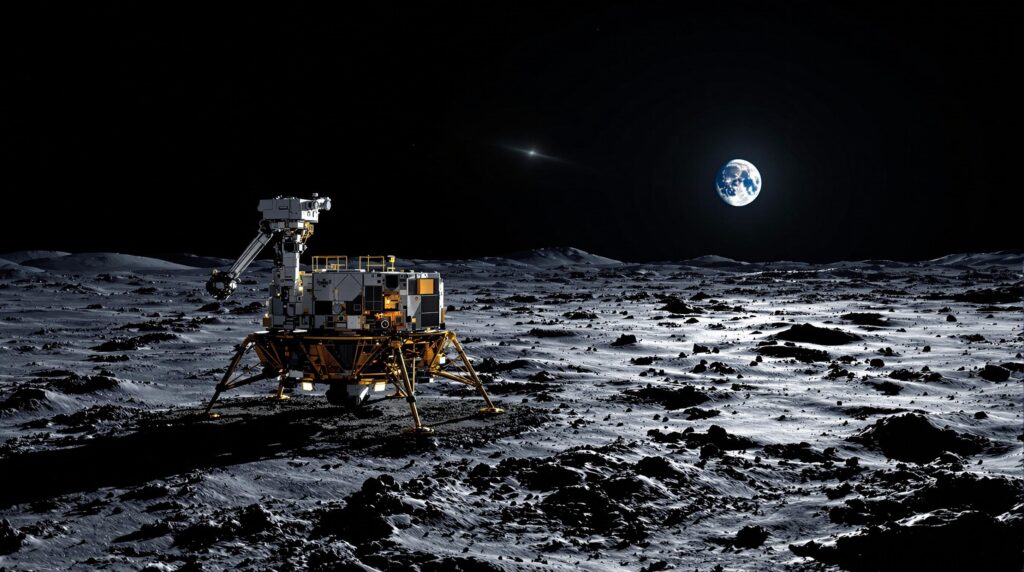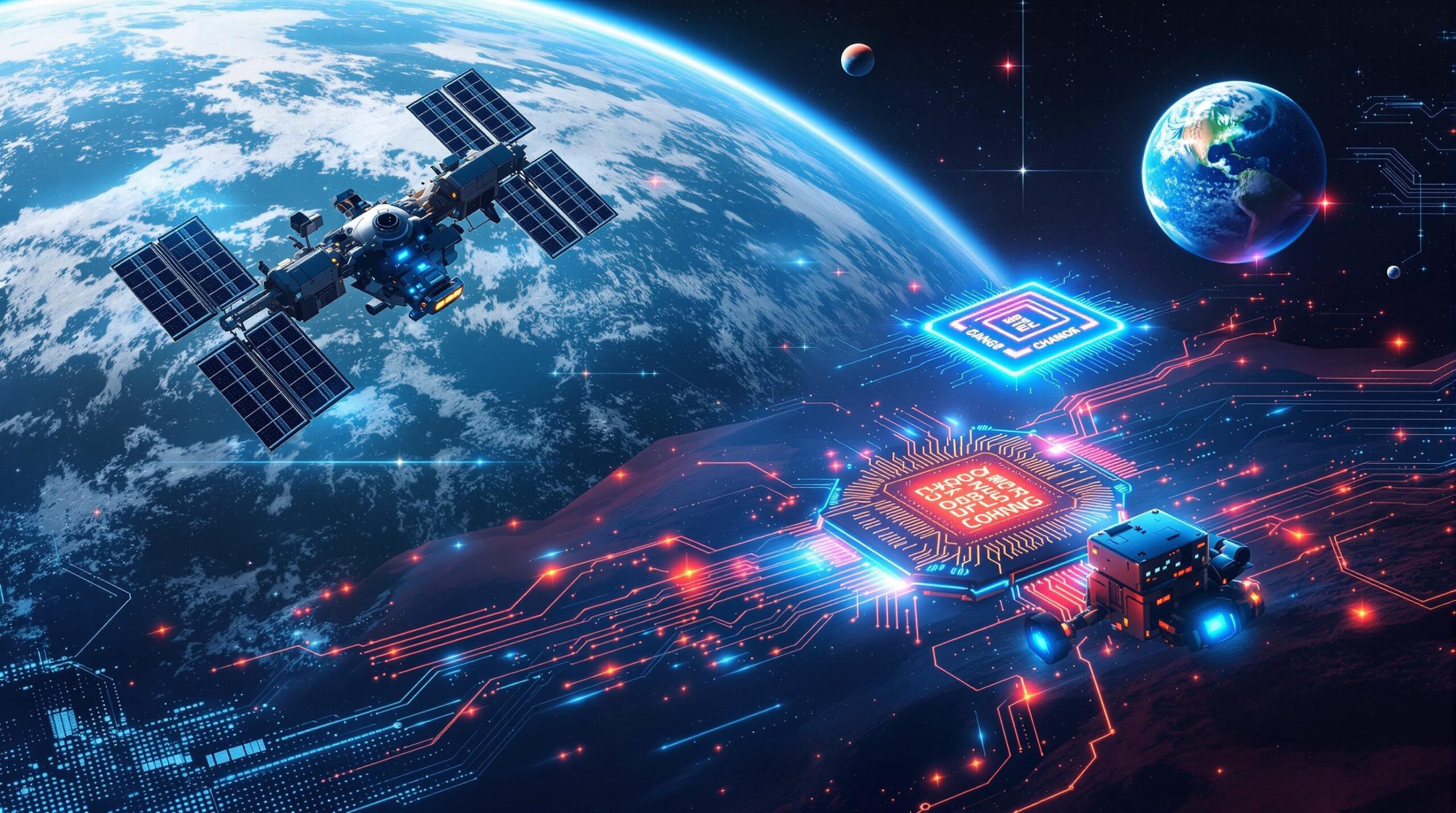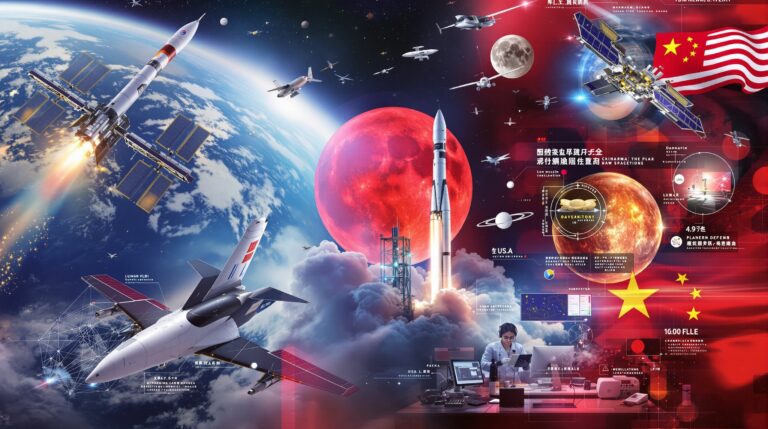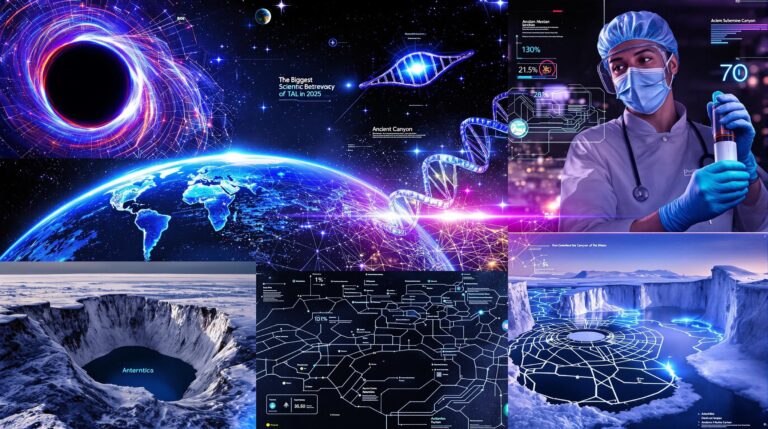Top 10 Breakthroughs in China Science & Space News Today
China Science & Space News
Introduction
China’s relentless pursuit of scientific and technological advancement has positioned it as a global leader in innovation.
From space exploration to quantum computing, China’s breakthroughs are reshaping industries and inspiring the world.
In this article, we explore the top 10 recent developments in China’s science and space sectors, highlighting their significance and potential impact on the global stage.
Stay informed with these cutting-edge achievements that are driving the future of technology and exploration.

1. China’s Space Station Delivers Groundbreaking Research Results
The China Manned Space Agency (CMSA) recently released its first comprehensive progress report on scientific research conducted aboard the Tiangong Space Station.
The report details 34 significant results, including advancements in space life sciences, microgravity physics, and new space technologies.
Notably, the Shenzhou-18 mission returned 34.6 kilograms of experimental samples, such as microorganisms and nanomaterials, which are challenging to produce on Earth.
These findings could revolutionize materials science and biotechnology globally.

2. Chang’E-6 Mission Targets Lunar Far Side Samples
China’s lunar exploration program continues to make history with the Chang’E-6 mission, which aims to collect samples from the far side of the Moon.
Building on the success of Chang’E-4 (the first mission to land on the lunar far side) and Chang’E-5 (which returned 1,731 grams of lunar soil), Chang’E-6 is set to deepen our understanding of the Moon’s composition.
This mission underscores China’s ambition to lead in lunar exploration and resource utilization.

3. Advances in Quantum Chip Development with Xizhi
China’s first homegrown commercial electron beam lithography machine, “Xizhi,” has entered the testing phase.
This machine matches the precision of global mainstream equipment, marking a milestone in quantum chip development. Xizhi’s success could reduce China’s reliance on foreign technology and accelerate its quantum computing capabilities, positioning it as a key player in this transformative field.

4. Shenzhou-20 Astronauts Complete Third Spacewalk
The Shenzhou-20 crew recently completed their third spacewalk outside the Tiangong Space Station, advancing experiments in microgravity and space technology.
These spacewalks are critical for testing equipment and gathering data for future deep-space missions.
China’s ability to conduct complex extravehicular activities highlights its growing expertise in manned spaceflight.
External Link: Follow Shenzhou-20 updates at CGTN Radio
5. Breakthroughs in Space-Based Gravitational Wave Detection
The Chinese Academy of Sciences reported progress with Taiji-1, China’s first satellite dedicated to testing technologies for space-based gravitational wave detection.
This project aims to detect cosmic phenomena like black hole collisions, offering new insights into the universe. China’s advancements in this field could redefine global astrophysics research.
6. Mars Mission Targets Signs of Life
China’s upcoming Mars mission, as outlined by Xinhua, focuses on searching for signs of life on the Red Planet.
The mission involves complex technologies like surface sample collection, planetary takeoff, and orbital rendezvous.
These efforts demonstrate China’s commitment to interplanetary exploration and its potential to uncover groundbreaking discoveries about Mars’ habitability.
7. Harmony OS and Baihetan Hydropower Station Shine Globally
China’s Harmony operating system, developed by Huawei, and the Baihetan hydropower station were named among the Global Top 10 Engineering Achievements of 2023.
Harmony OS powers millions of devices, showcasing China’s software innovation, while Baihetan contributes to sustainable energy production.
These achievements highlight China’s dual focus on technology and environmental progress.
8. Strides in Artificial Intelligence and Quantum Physics
China is making waves in artificial intelligence (AI) and quantum physics, with breakthroughs attracting global attention.
Academician Xue Qikun, a leading figure at the Chinese Academy of Sciences, emphasized China’s goal to become a major science and innovation hub by 2050.
These advancements could transform industries like healthcare, finance, and cybersecurity worldwide.
9. Space Computing: A Trillion-Yuan Industry
China is investing heavily in “space computing,” a futuristic sector combining space technology and data processing.
Leading firms are collaborating to develop this trillion-yuan industry, which could drive economic growth through applications like satellite-based AI and real-time data analysis. This initiative positions China at the forefront of next-generation computing.
10. Deep-Sea Research and Agricultural Biotechnology
China’s advancements extend beyond space to deep-sea research and agricultural biotechnology.
Recent projects include developing submersibles for ocean exploration and biotech solutions for sustainable farming.
These efforts reflect China’s holistic approach to scientific innovation, addressing global challenges like food security and environmental conservation.
Conclusion
China’s science and space sectors are advancing at an unprecedented pace, with breakthroughs that resonate globally.
From the Tiangong Space Station to quantum chip development, these achievements showcase China’s ambition to lead in innovation.
By staying informed about these developments, readers can appreciate the transformative potential of China’s contributions to science and technology. Follow these stories to witness how China is shaping the future.







